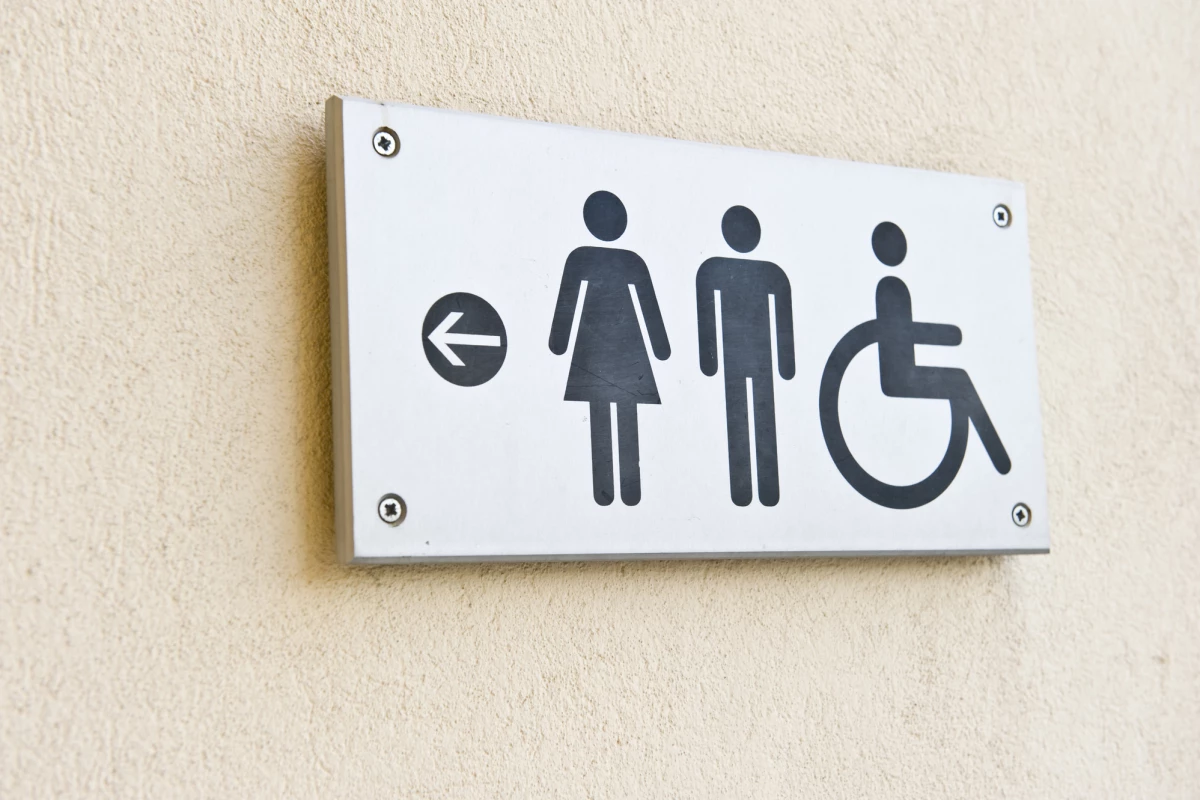Doctors at the University of Pittsburgh are reporting a bizarre case of a woman who urinates alcohol. The medical mystery confounded scientists when the woman showed none of the other regular signs of excessive alcohol consumption, leading them to conclude that yeast in her bladder was brewing the booze.
The story began when a 61-year-old woman was admitted to the University of Pittsburgh Medical Center Presbyterian Hospital with cirrhosis of the liver and diabetes that was going largely unmanaged. She was there to be put on the waiting list for a liver transplant – but urine tests kept coming back positive for alcohol.
The patient insisted she hadn’t been drinking, leading doctors to believe she was hiding an alcohol use disorder. Two separate clinical teams recommended she seek treatment for addiction before she could be placed on the waiting list.
On closer examination, there were other signs that she was telling the truth. Her behavior was perfectly sober, and blood tests showed no signs of alcohol. Her urine tests were positive for ethanol, but not other metabolites that the body normally produces as it deals with alcohol.
The clue that busted the case open was that high amounts of budding yeast was also found in her urine. This led the team to wonder whether a yeast colony in her bladder could have been fermenting sugars to produce ethanol. Experiments in the lab showed that it was possible.
The team concluded that this previously-unknown condition would explain all of her symptoms. The researchers were even able to identify the most likely yeast species behind it – Candida glabrata, which is commonly found in the body and is related to traditional brewer’s yeast.
Remarkably, this isn’t the first time a patient’s body has been found to be spontaneously producing alcohol. In very rare cases, patients have been found to get drunk after eating meals high in carbohydrates, and it was discovered that microbes in their gut were turning the carbs into ethanol. This condition is dubbed auto-brewery syndrome, or gut fermentation syndrome.
As such, the team proposed that the new condition be named urinary auto-brewery syndrome or bladder fermentation syndrome. The two are clearly related, but there are a few differences. The main one is that when it happens in the gut, ethanol is found in the bloodstream and patients become intoxicated from it. In the bladder, the booze stays only in the urine.
Thankfully, once doctors had a better understanding of the woman’s unique condition, she was finally allowed to be added to the waiting list for a liver transplant.
The research was published in the journal Annals of Internal Medicine.
Source: University of Pittsburgh via Scimex




